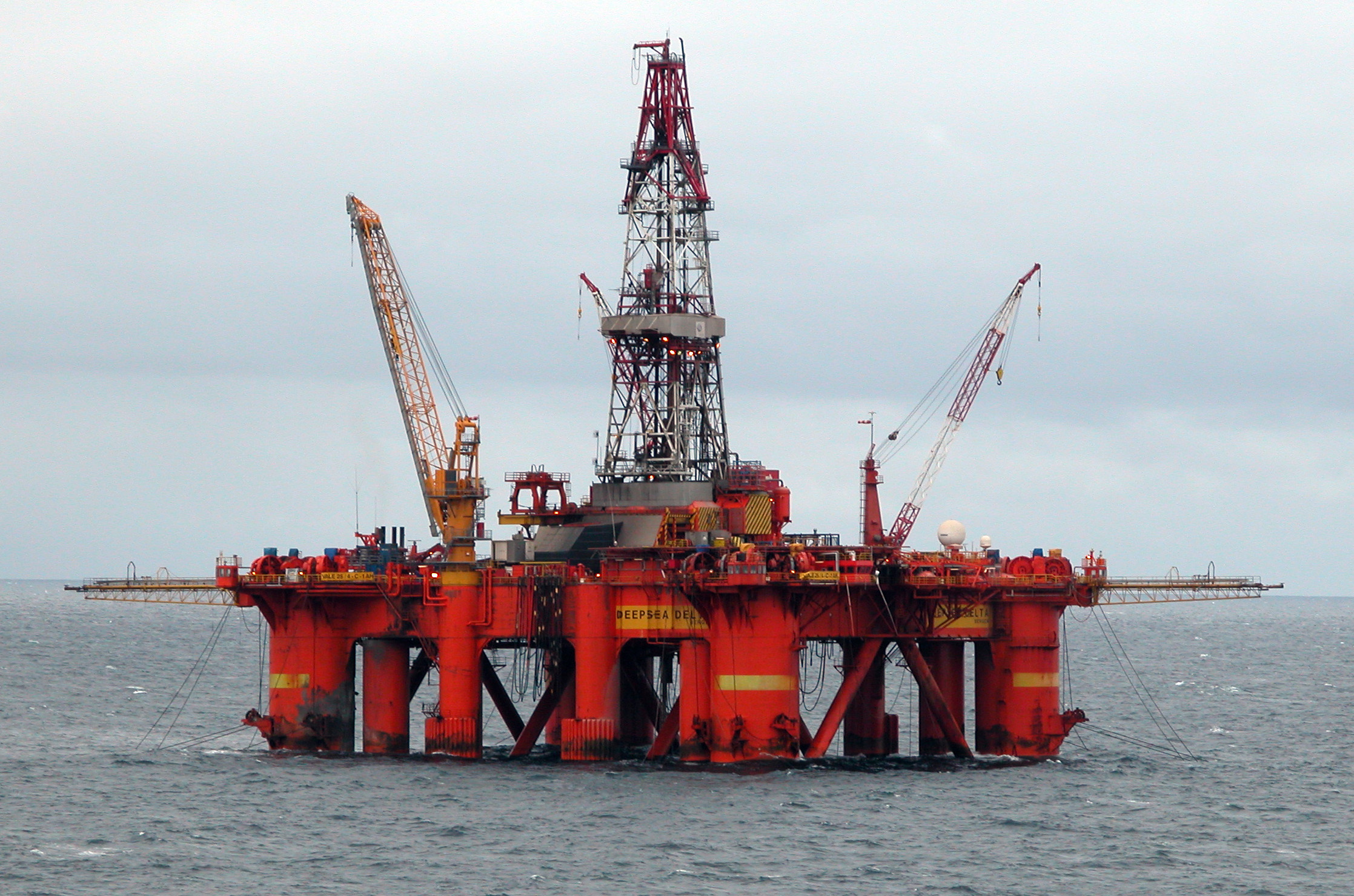Recall that in late June, participants in the OPEC + agreement (which implies a reduction in production from the level of October 2016 by 1.8 million bpd) agreed to increase supplies by 1 million bpd. Conditions for growth also include data on commercial oil and oil products in the OECD countries - in June they fell by 12.8 million barrels, to 2.822 billion barrels. This is 33 million barrels below the average for the past five years, OPEC notes.
According to secondary sources, Kuwait, Nigeria and the UAE increased supplies in July (in each case by about 70 thousand bpd), while Saudi Arabia again reduced production by 53 thousand bpd, Libya - by 57 thousand bpd, Venezuela - by 48 thousand bpd, Iran - by 56 thousand bpd. In general, world production in July increased by 680 thousand bpd, to 98.53 million bpd (plus 2.41 million bpd year on year).
Against this background, OPEC corrected production growth forecasts in 2018 and 2019. In particular, the extraction of countries outside the organization will grow by 2.08 million bpd in 2018, to 59.62 million bpd (plus 73 thousand bpd due to a higher production in China). In 2019 these countries can produce another 2.13 million bpd more (up to 61.75 million bpd, the growth forecast is increased by 34 thousand bpd). The largest increase is expected in the US (by 1.7 million bpd in this and 1.4 million bpd next year), as well as Brazil and Canada (by 150-400 thousand bpd). Reductions in supplies are expected from Mexico and Norway (by 50-120 thousand bpd).
OPEC reduced the forecast for demand for the next year by 130 thousand bpd, to 32.05 million bpd (this is by 800 thousand bpd less than in 2017). Also the organization expects that the world demand will grow more slowly in the next year than in the current - by 1.43 million bpd against 1.64 million bpd.
source: reuters.com
According to secondary sources, Kuwait, Nigeria and the UAE increased supplies in July (in each case by about 70 thousand bpd), while Saudi Arabia again reduced production by 53 thousand bpd, Libya - by 57 thousand bpd, Venezuela - by 48 thousand bpd, Iran - by 56 thousand bpd. In general, world production in July increased by 680 thousand bpd, to 98.53 million bpd (plus 2.41 million bpd year on year).
Against this background, OPEC corrected production growth forecasts in 2018 and 2019. In particular, the extraction of countries outside the organization will grow by 2.08 million bpd in 2018, to 59.62 million bpd (plus 73 thousand bpd due to a higher production in China). In 2019 these countries can produce another 2.13 million bpd more (up to 61.75 million bpd, the growth forecast is increased by 34 thousand bpd). The largest increase is expected in the US (by 1.7 million bpd in this and 1.4 million bpd next year), as well as Brazil and Canada (by 150-400 thousand bpd). Reductions in supplies are expected from Mexico and Norway (by 50-120 thousand bpd).
OPEC reduced the forecast for demand for the next year by 130 thousand bpd, to 32.05 million bpd (this is by 800 thousand bpd less than in 2017). Also the organization expects that the world demand will grow more slowly in the next year than in the current - by 1.43 million bpd against 1.64 million bpd.
source: reuters.com





